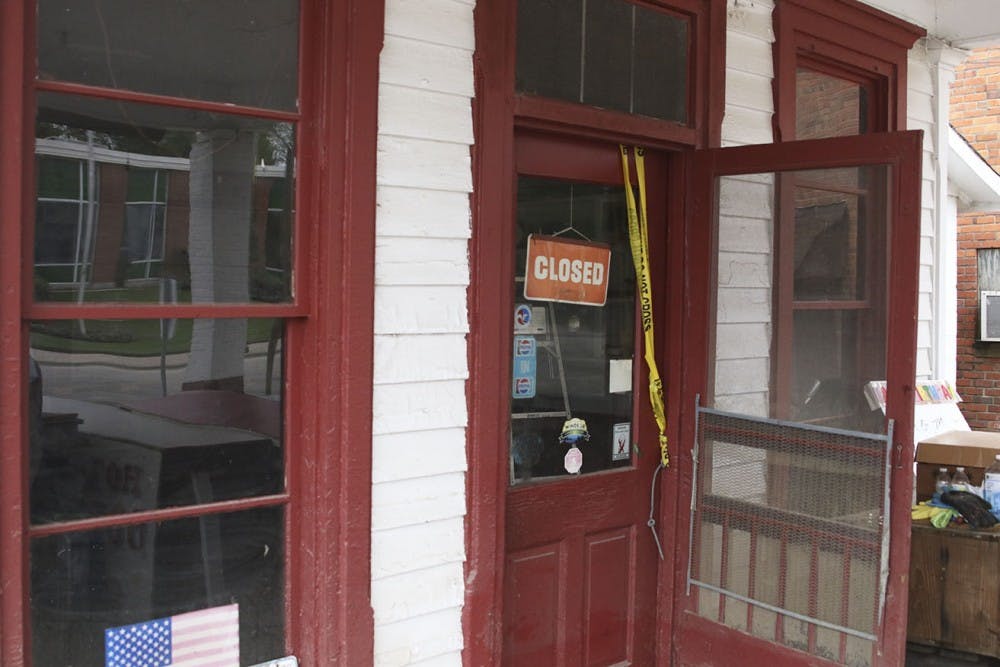Moving to college is a big adjustment for many, but if you’re from rural North Carolina, the shift to a more metropolitan region can be a culture shock in and of itself. But you wouldn’t be unlike many North Carolinians relocating to the urban scene.
New census data reveals rural North Carolina counties are shrinking – and fast. According to the U.S. Census Bureau, 51 of the state’s 100 counties saw a decrease in population since 2010.
The Census Bureau defines "rural" as any population, housing or territory not in an urban area — which is defined by population density. 80 of the state's counties are considered rural. Urban areas, by contrast, helped increase the state’s total population by 9.5 percent.
The population shift from rural to urban areas is not new in the U.S. or across years of census data, but North Carolina has been a microcosm for this trend.
There are a lot of reasons why people would relocate out of rural counties. It is possible conservative policies are exacerbating this trend.
Since 2010, the Republican Party has controlled both chambers of the General Assembly. Subsequent policies reflect this change. Debates over funding for public K-12 education, harsh immigration policies, lacking infrastructure and debacles over Medicare have worsened conditions for many N.C. residents.
Perhaps most harmful is an expected $2 billion in cuts to the personal and corporate income taxes, as well as other business taxes. Lowering tax revenue increases deficits that would ultimately stunt development and burden working-class families. This is especially true in rural counties where funding for growth and development is thin compared to their metropolitan counterparts.
Rural North Carolinians, in pursuit of economic opportunity and better conditions, then leave their rural homes en masse.
It’s not inherently a bad thing when people relocate to pursue economic and social opportunities. The diversification of metropolitan areas and development in these cities are all positive consequences of this trend.



